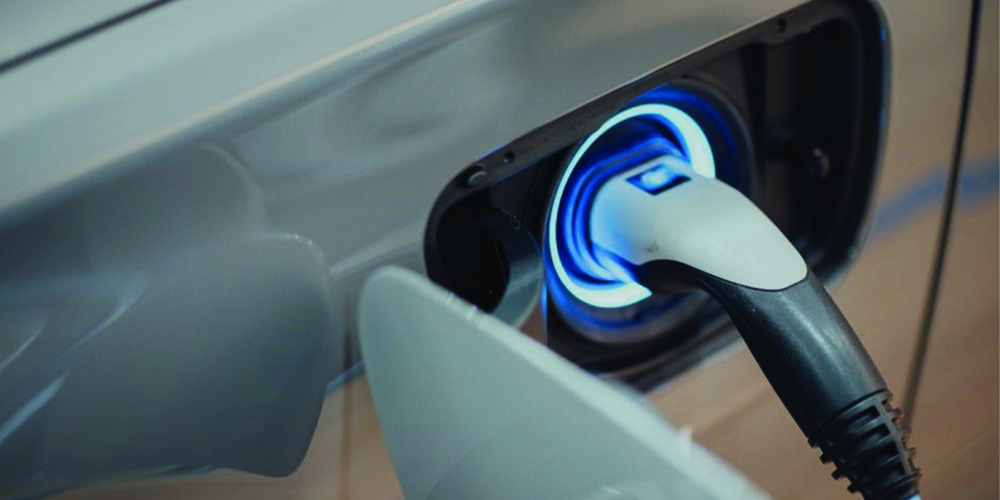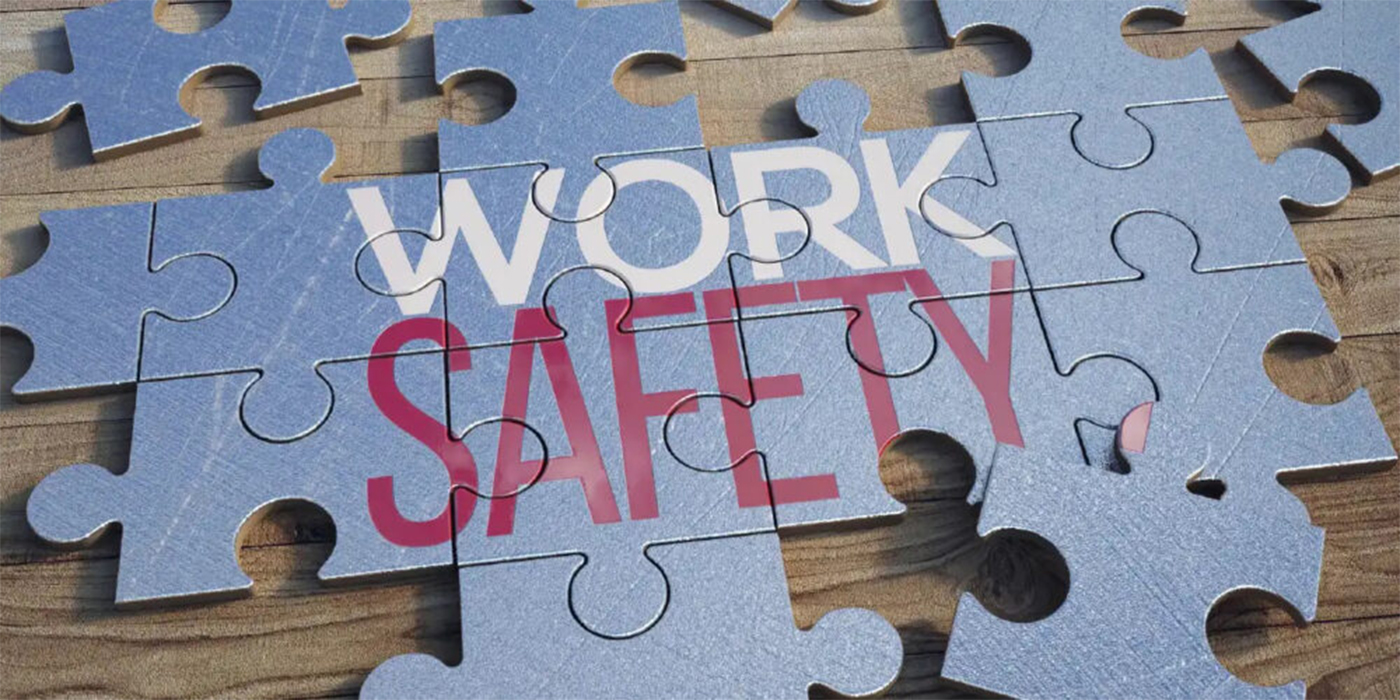State-of-the-art automotive technology doesn’t do anybody much good if technicians can’t get the training they need to fix and maintain today’s systems. Unfortunately, in recent years there has been an industry-wide trend to axe training programs. Parts suppliers are under tremendous price pressure these days, and most are looking for ways to cut costs where they can. Training budgets are one of the easiest things to cut, so there has been a steady decline in the number and quality of seminars and clinics being offered to aftermarket technicians.
The OEM training programs have also been changing from traditional classroom-based, hands-on training led by an instructor, to teach-yourself, web-based training.
At a recent meeting of the Automotive Training Manager’s Council (ATMC) in St. Louis, MO, Jeff Baltz, who works for Ford’s Customer Service Division and helped develop Ford’s technical website, said the training offered by the vehicle manufacturers has undergone drastic changes. In 1995, 68% of Ford’s training was classroom based, 13% was self-study courses with a workbook and manual and there was no web-based training of any kind (the Internet was still in its infancy in those days). Today, only 9% of Ford’s training is classroom based, and 75% is web-based self-study courses.
“The trend today is for technicians to complete a series of web-based self-study courses, then to have their skills validated in a follow-up classroom course,” said Baltz.
Ford currently offers about 150 web-based training courses, and has had 615,236 completions. The three most popular courses are Electrical Systems, Anti-Theft Systems and Entertainment & Navigation Systems. He also said that Ford has about 43,000 technicians working at their dealerships, and these technicians hold 123,309 certifications.
“The training we offer correlates directly to customer satisfaction and the drive to fix it right the first time,” said Baltz.
Though online web-based training provides significant cost savings over traditional classroom-based training and workbooks, it doesn’t necessarily improve training. Dave Cappert, director of Electronic Initiatives for ASE (National Institute for Automotive Service Excellence), said developing web-based training takes know-how and the right authoring tools. “You can’t just put a simple PowerPoint presentation on a website and call it elearning.”
Cappert said web-based training must be interactive and show rather than tell to be effective. An online training course should include lots of photos, illustrations and short video clips to explain operating principles, diagnostic tests and repair procedures. The course content should be narrowly focused and to the point — without any sales pitches or fluff.
Cappert said the ASEcampus.com website, which launched in 2005, hosts ASE self-assessment quizzes and the ASE Refrigerant Recovery and Recycling Review and Quiz. The plan is to add additional resources and courses to the website in the future. ASE has considered offering their technician certification courses online, but that security remains a major issue. “You need to make sure that the person taking the test is the same person who registered for the test. You also have to make sure they can’t share any of the test information with others. So far we haven’t figured out a way to do that,” said Cappert. Len Johnson of the American Automobile Association (AAA) said his company’s goal is to get 80% or more of stranded vehicles running or repaired when an AAA technician goes out on a roadside assistance call. Today, that figure is only 56%.
AAA provides a variety of training resources to its affiliate shops including a two-day, 14-hour course on roadside assistance, various club-based training materials, their AAA Towing Manual, Lockout Service Manual and Roadside Problem Solvers Manual, NAPA National Institute of Automotive Technology self-study courses, plus assorted online training courses. When a technician signs up for an online course, their progress is tracked by recording their pre-test and post-test scores. This helps AAA track the competency of their technicians while building a resume of the technician’s accomplishments.
Training Yet To Come
The need for training will continue to grow as more and more new technologies are introduced by the vehicle manufacturers. The two biggest trends that are going to have the greatest impact on training in the years ahead are hybrid vehicles and diesel engines. Hybrid registrations are growing exponentially as auto makers introduce more and more new hybrid models.
Mark Quato, an engineer with General Motors Service and Parts, said GM will be releasing a new hybrid model every three months for the next three years. “There will be a flood of new hybrid vehicles over the next few years, and technicians will have to learn how to diagnose and repair these vehicles.” Electric drive is a totally new technology to most traditional automotive technicians. Technicians who are familiar with engines and mechanical systems will have to learn about high-voltage batteries, hybrid control electronics and hybrid drivetrains.
General Motors just introduced its new 2008 GMC Yukon Hybrid, a full-size SUV with a two-mode full electric, gas or combination drivetrain. The new hybrid powertrain delivers 40% better fuel economy in city driving, and 25% better economy overall. It also has more than 500 new fault codes in its self-diagnostic routines.
“There aren’t a lot of engineers today who really understand hybrid technology, and even fewer trainers and technicians who know how to diagnose and repair these vehicles,” said Quato. So there will be a growing need for advanced training in hybrid technology.
Diesels will also have a huge impact on training. Today, diesel engines are used primarily in big trucks. Only about 5% of light-duty vehicles (mostly pickup trucks) currently have diesel engines. But that will soon change as a whole new generation of clean-running, common rail direct injection diesel engines hit the road.
Changes in light vehicle diesel emission regulations mean future diesels will have to meet stringent soot and NOx emission levels. That means add-ons such as EGR, particulate filters and urea injection systems will be commonplace on the new diesel engines.
Industry experts predict that within five years, diesel engines will power up to 10% of all new passenger cars and light-duty trucks. In Europe, diesels already power more than 50% of all the cars on the road due to their higher fuel prices (nearly $7 a gallon!). If fuel prices continue to rise here, the demand for diesels will grow because of their better fuel economy (typically 30% better than a comparable gasoline engine of the same power and displacement).
To help get technicians up to speed on the latest diesel technology, Bosch is introducing a new web-based training course on direct injection diesel fuel systems.
Within a few years, fuel cells are also predicted to hit the road in production vehicles. This will be totally alien technology to most technicians, so training will be paramount to maintain, diagnose and repair these vehicles. New service procedures will include things like flushing out fuel cells with inert helium gas when service is required, using new leak detection equipment to find hydrogen fuel system leaks, and numerous safety precautions when working with ultra-high-pressure hydrogen fuel storage tanks.
The following are training program releases recently submitted to Underhood Service:
• Risk Prevention Drives Successful Business Nationwide Insurance now combines simple safety tips with online training courses for a complete safety and loss prevention package. The goal is to assist small business owners with keeping customers safe while reducing risk and insurance premiums.
Nationwide offers online safety-training courses for the auto service shop, many available in both English and Spanish. The training website allows users to select the courses that fit their needs, learn at their own pace and track results. These courses are part of a larger online safety-training resource from Nationwide, which offers more than 300 classes to assist a variety of business needs. For more information, visit http://safety-training.nationwide.com.
• WIX Offers eLearning Programs
The WIX Filtration eLearning Center offers convenient online courses that can earn you the title of Certified Filtration Specialist, as well as several certificates that will distinguish you as a provider of excellent customer service.
WIX offers three challenging levels to put technicians’ filtration knowledge to the test — Tech, Expert and Master. The more courses you complete with a score of at least 70%, the more recognition you receive. Certificates will be awarded for each level completed.
Visit www.wixfilters.com for more information.
• Federated Has Training for Service Technicians
Federated announced a new training initiative to provide professional service providers with business management techniques to improve profits and enhance customer satisfaction.
The Federated Profit Improvement Seminar Program, which was developed in association with Affinia and the Essential Actions Design Group, consists of field training coupled with workbooks and an interactive CD that allows for benchmarking of statistical data and development of profit plans specific to each service providers’ business.
The training program is currently being conducted through test groups with a planned expanded roll-out later in the year. For more information about the program, contact your local Federated jobber or Affinia sales representative or visit www.federatedautoparts.com.
• ACDelco Boosts Training/Adds Classes
To continue to meet — or exceed — technicians’ and shop owners’ needs, ACDelco has enhanced its industry-leading training offerings in 2007, adding more classes, countries and languages, and offering access to a wider audience.
ACDelco’s training opportunities have grown during 2007, including 45 new offerings added and five updated for a total of 187 classes, courses or seminars now available. From January through September, service center personnel completed more than 18,000 Technical and Business Management training courses through the ACDelco Learning Management System (LMS), the catalyst for both web-based and instructor-led training classes and seminars.
ACDelco added seven new web-based training courses and updated another in 2007, bringing the total to 61 web-based LMS offerings: 34 technical training courses and 27 business management classes. In addition, ACDelco added three new instructor-led training courses in 2007, for a total of 12 instructor-led courses now available.
ACDelco has also expanded its Tech Assists, the 10- to 20-minute technical training sessions technicians can take online. With three updated and 31 new sessions this year, ACDelco now offers 84 Tech Assists.
For shop owners, two new business management seminars now available are “Making the Connection: Marketing to Women” and “Marketing 101: Building a Plan.”
ACDelco is offering its courses for a fee to Independent Service Centers (ISCs). ISCs that participate in the ACDelco Total Service Support (TSS) program and ACDelco Key Fleet members will still receive all ACDelco training at no additional charge.
Now, non-members also can take two sample web-based training classes at no charge, then purchase additional classes one by one, ranging from $20 for Tech Assists up to $175 for instructor-led technical training classes. Access acdelcotechconnect.com for additional information. To find an ACDelco parts retailer near you, visit acdelco.com or call 1-800-ACDelco.
• Adayana Automotive Releases E-Learning Service
Adayana Automotive released a series of new elearning courses on vehicle service maintenance. These courses address the huge demand in this traditionally high turnover service market for a cost-effective way to train new employees, and keep skill levels updated and easily accessible.
The series has seven courses that include Complete Oil Change; Battery Service; Belt and Hose Replacement; Transmission Service; Cooling System Service; and Tire Pressure Monitoring System (TPMS). These courses are part of a comprehensive automotive curriculum that is made up of General Service courses, ASE Study Guides, Technical Assessments, Professional Development courses and OSHA courses. For more information, visit www.AdayanaAuto.org.
• Driving Technician Training Forward
Thomson Delmar Learning’s Professional Automotive Technician Training Series (PATTS) is a training solution that addresses this core industry need. Thirteen different PATTS courses will soon be available that will address technician training needs for each core automotive skill area.
Each course will cover the theory, application and basic diagnostics technicians need in order to effectively perform their jobs. These content-rich courses each will contain a minimum of 8.5 hours of training. Each course will be available in two formats — web-based or CD-ROM-based.
Each course follows both the National Automotive Technicians Education Foundation (NATEF) and Automotive Service Excellence (ASE) standards. In addition to containing core training content, each course in the series provides high impact animations and student interactions to promote the highest level of retention and usability.
For more information on PATTS, call 1-800-998-7498 ext. 2691 or visit www.techniciantraining.com.
• AMI Offers E-Link Education/Training Guide
In an effort to provide automotive service and collision repair professionals with a one-stop resource tool for all their business management and technical training needs, the Automotive Management Institute (AMI) will soon offer the AMI E-Link Education and Training Guide, a comprehensive online directory.
Launched in late November, the easy-to-use comprehensive guide will enable automotive service and collision repair professionals to locate industry training providers that offer the management education and technical training they need to not only survive, but prosper in today’s competitive environment.
The guide can be accessed on the home page of AMI’s website, www.amionline.org, or through a direct link at www.AMIEducationLink.com.
• Repair Shop Group Creates Training Portal
The Car Care Professionals Network (CCPN), a segment of the Automotive Aftermarket Industry Association (AAIA), has launched the new CCPN Learning Center, its online portal to education and training for the repair and maintenance professional. The Learning Center offers online courses in the following categories: technical assessment, ASE prep, general service, vehicle maintenance and professional development.
In addition to the online courses, the Learning Center will provide links to other training approved by CCPN. For more information or to subscribe, visit www.aftermarket.org/learningcenter or call 301-654-6664.













